
I’ve got an exciting new theory! This is it:
Communicators will get their message across more effectively to their hearers when they regularly include stories about animals, preferably their pets.
I need your help (if you’re a communicator) to test this theory but let me elaborate first.
I first thought about this idea when I reflected several years after doing my first course in Early Church History. One of the most memorable things I retained after all the years was the insightful question: "Why is the Athanasian Creed like a tiger?" Answer: "Its got great big clauses at the end of its pauses." This has provided great illumination for me down through the decades.
News broadcasters have known this for years. How often does the News coverage conclude with a story of some snuggly puppy dogs or a newly born giraffe at the local zoo?
Sometimes the angle is the irresistible cute story to hook us while we’re making coffee during the ad break. Another category is the cat up the lamp post that is saved by two crews from the local fire brigade. Oh, how we love a rescue story.
My theory has been bolstered since reading today's article (26 April 2006) in the Business Section of the Melbourne
Age, entitled 'Draining Cats and Dogs'.
Writer Denise Cullen, reports on the high amounts being spent on pets in Australia:
“When Cleo, a miniature poodle, sashays into the pet grooming salon every two months, owner Melanie Ward barely blinks at the $65 bill.”
“You get so much joy out of having pets around,” explains Ward, 27, of Condell Park. “I would never want to live without them , regardless of their cost,” she added.
Remembering it is a business article Cullen then puts in the bite:
“It’s a view shared by many Australians who, according to 2004 research from the Australian Institute, spend more on their pets each year….about $2.2 billion…than they provide in aid to poorer countries.” Ooooch!
The report goes on to detail the high cost of maintaining ordinary mutts; it's not just the price of manicuring pedigree pooches.
I can sniff something here, can’t you? If communicators want to speak clearly and dearly to the hearts of their hearers then they need to weave in a telling animal story.
This doesn’t mean preaching a series on Noah and his floating zoo or telling Jonah’s whale of a story or expounding that final verse in his book that makes animal lovers drool. We don’t have to stage our sermon or speech in the open-air when we speak on the topic ‘Look at the Birds of the air.’ But it does mean an equine reference here, a feline quote there and a shaggy dog story to pat the speech home.
I need your help. Would you put this theory to the test by including in the next few weeks some dramatic stories of animals in your own speeches and sermons?
Since I started this
Stories for Speakers blog site the readers have increased exponentially. Over the next few days (or until I run out!), I am going to drop into my blog some animal stories and I will be on the look out to see if the blog hits increase dramatically.
Do let me know in a comment, what you are discovering as you help me trial this exciting new theory.
Geoff Pound
Source: ‘Draining Cats and Dogs’, The Age, 26/4/06. Read this article at:
http://www.theage.com.au/news/money/its-draining-cats-and-dogs/2006/04/24/1145861284634.htmlImage: Cuddly kittens (thanks to the
Age).
 Chua Wee Hian tells of an Arab guide showing tourists around Palestine. He alluded to the tradition of the Palestinian shepherd walking in front of the sheep.
Chua Wee Hian tells of an Arab guide showing tourists around Palestine. He alluded to the tradition of the Palestinian shepherd walking in front of the sheep.
 In the Highlands of Scotland sheep often wander off into places they can’t get out off. They jump down onto ledges 10 or 12 feet below to enjoy the grass which is lush and sweet. However, down on the ledges they can’t get up easily, especially when they have a belly full of grass! They may be there for days until they have eaten all the grass.
In the Highlands of Scotland sheep often wander off into places they can’t get out off. They jump down onto ledges 10 or 12 feet below to enjoy the grass which is lush and sweet. However, down on the ledges they can’t get up easily, especially when they have a belly full of grass! They may be there for days until they have eaten all the grass.





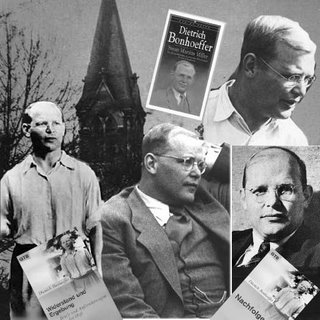
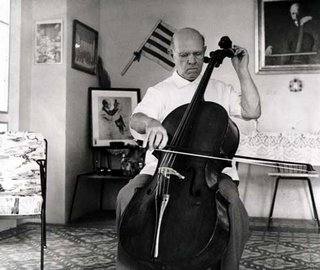










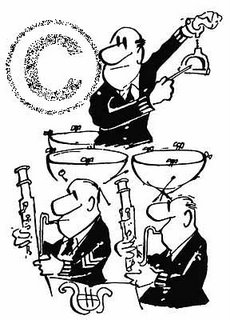





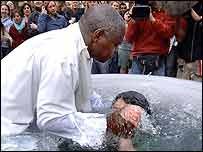
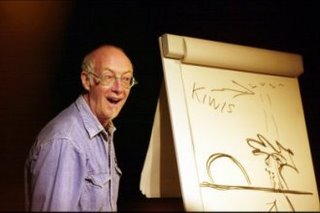
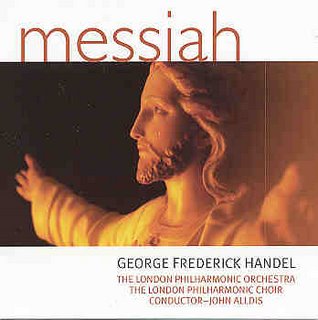
 Reflecting on the way the Easter truth transforms not only life now but the life to come I recalled the following story:
Reflecting on the way the Easter truth transforms not only life now but the life to come I recalled the following story: In his Easter sermon in 2004 at the Canterbury Cathedral, Archbishop Rowan Williams finished with this story:
In his Easter sermon in 2004 at the Canterbury Cathedral, Archbishop Rowan Williams finished with this story: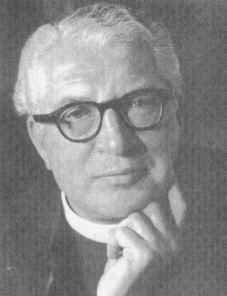
 Down through the centuries there have been several paintings that have been entitled, 'Check mate'.
Down through the centuries there have been several paintings that have been entitled, 'Check mate'.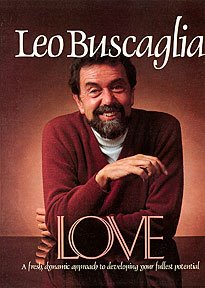
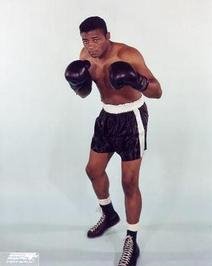
 Wendell Berry wrote of a barber who refused to give a discount to a bald client, explaining that his artistry consisted, not in the cutting but in knowing when to stop.
Wendell Berry wrote of a barber who refused to give a discount to a bald client, explaining that his artistry consisted, not in the cutting but in knowing when to stop.



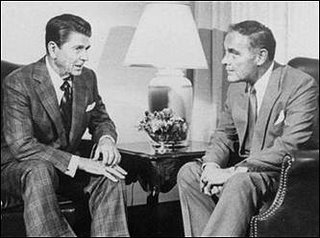


 Human tragedy is never ultimate. Unbelievably, incredibly purpose often springs out of chaos and light from the darkness.
Human tragedy is never ultimate. Unbelievably, incredibly purpose often springs out of chaos and light from the darkness.